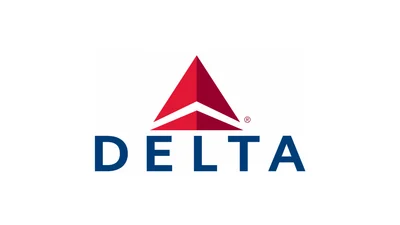While airlines initially favored ultra-large aircraft like the A380 to maximize use of limited airport slots, priorities have shifted toward fuel efficiency and operational flexibility. Rising fuel costs and challenges filling more than 500 seats have led many carriers to retire or reduce their reliance on superjumbos such as the A380. As a result, there are currently about 157 active A380s worldwide according to ch-aviation data; Emirates remains by far its largest operator with over half of those jets.
Airlines now focus investment on new-generation twinjets like Boeing’s 777X or Airbus’s A350 series. These offer comparable range—up to approximately https://www.boeing.com/commercial/777x#features-and-specs16,190 kilometers (for example, for the forthcoming Boeing 777-8)—but deliver better economics due to improved aerodynamics and advanced engines such as General Electric's GE9X. According to Boeing statements cited in industry sources, these engines provide roughly five percent lower specific fuel consumption than competitors while reducing noise levels significantly below regulatory limits.
Despite some interest from Emirates' President Sir Tim Clark in reviving production with modern materials or next-generation powerplants like Rolls-Royce’s UltraFan engine—a concept that could improve fuel burn by up to https://www.rolls-royce.com/media/press-releases/2023/25-09-2023-ultrafan-powering-a-sustainable-future.aspx25% over earlier models—Airbus has ended assembly of its superjumbo program since https://simpleflying.com/final-airbus-a380-production-line-closing/2021 and converted production lines for other projects.
Orders reflect this market shift: more than https://www.boeing.com/commercial/777x#orders600 orders have been placed across all versions of Boeing’s new jet family; Emirates accounts for about one-third alone while Qatar Airways has also made significant commitments alongside several other major global carriers formerly operating ultra-large aircraft.
Alongside these developments, airlines increasingly rely on types like Airbus's A350 (with capacities ranging from roughly https://aircraft.airbus.com/en/products-services/passenger-aircraft/a350/a350-family375–480 passengers) or smaller but efficient options such as the Boeing Dreamliner series—a mainstay now at former superjumbo operators including Air France and Thai Airways.
Ultimately, both aircraft are products of their time: The Airbus A380 redefined what was possible for trunk routes during an era focused on sheer capacity; today’s emphasis favors adaptable jets capable of serving varied markets profitably without requiring specialized infrastructure or exposing airlines to risks associated with consistently filling very large cabins.
"Clark has specifically pointed to Rolls-Royce’s UltraFan, which promises up to 25% better fuel burn than the first-generation Trent 700 and around 10% more efficiency than the Trent XWB used on the A350." — Sir Tim Clark
"For manufacturers, building an ultra-large aircraft for a single customer would not make economic sense, and for most airlines, the risk of trying to fill such capacity would outweigh any benefits."
"When it comes to deciding which aircraft is bigger, the answer depends on measure used."
 Alerts Sign-up
Alerts Sign-up





































